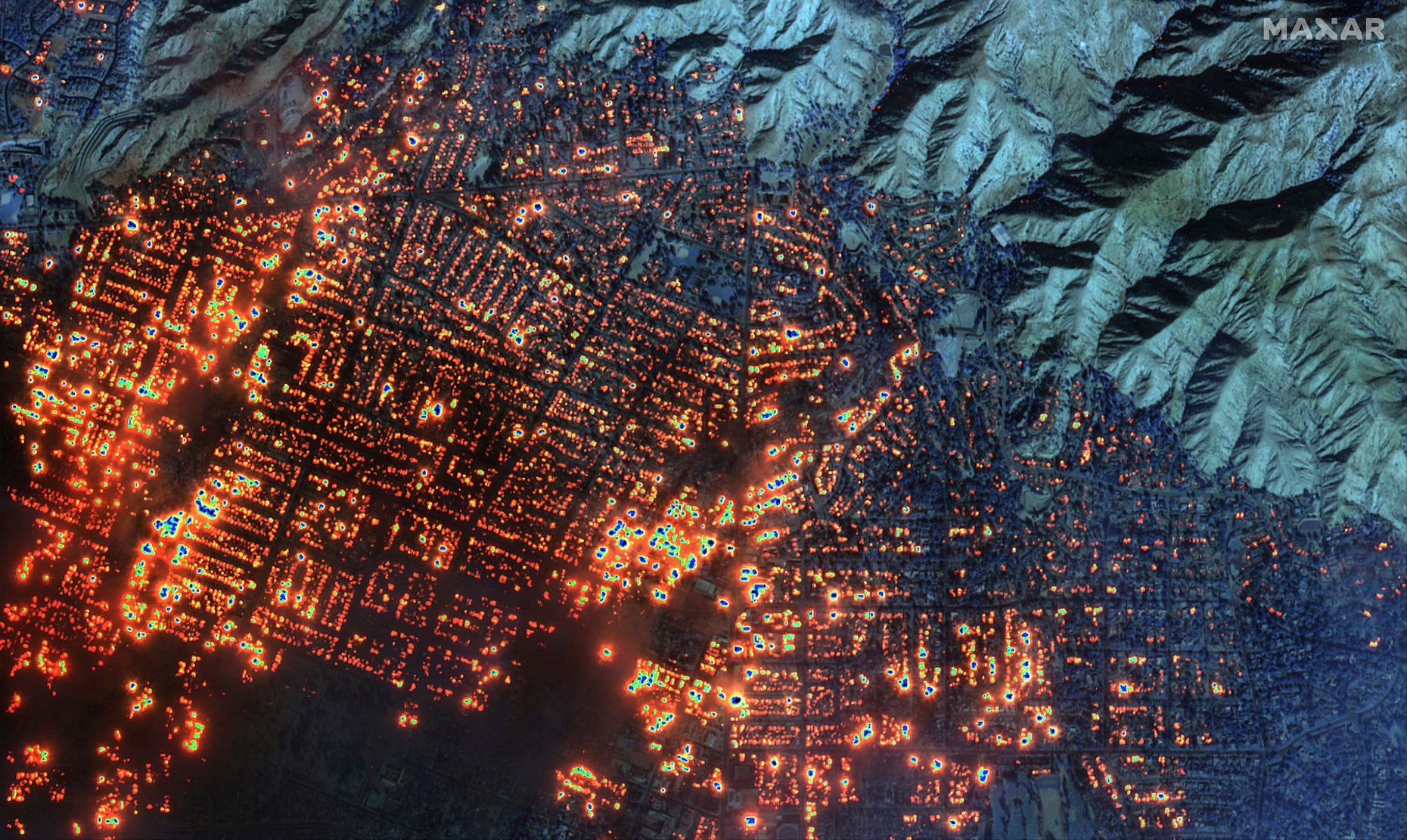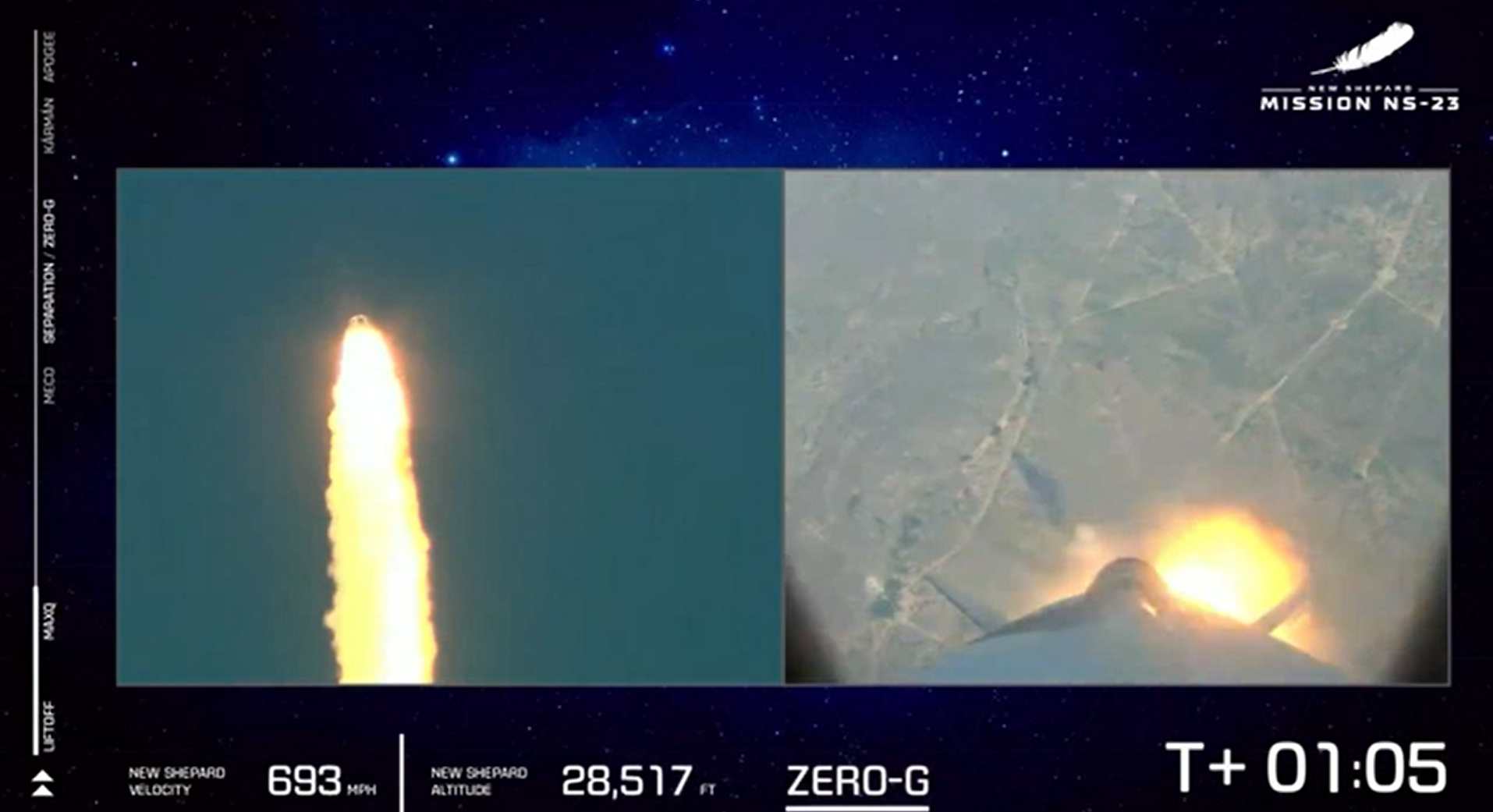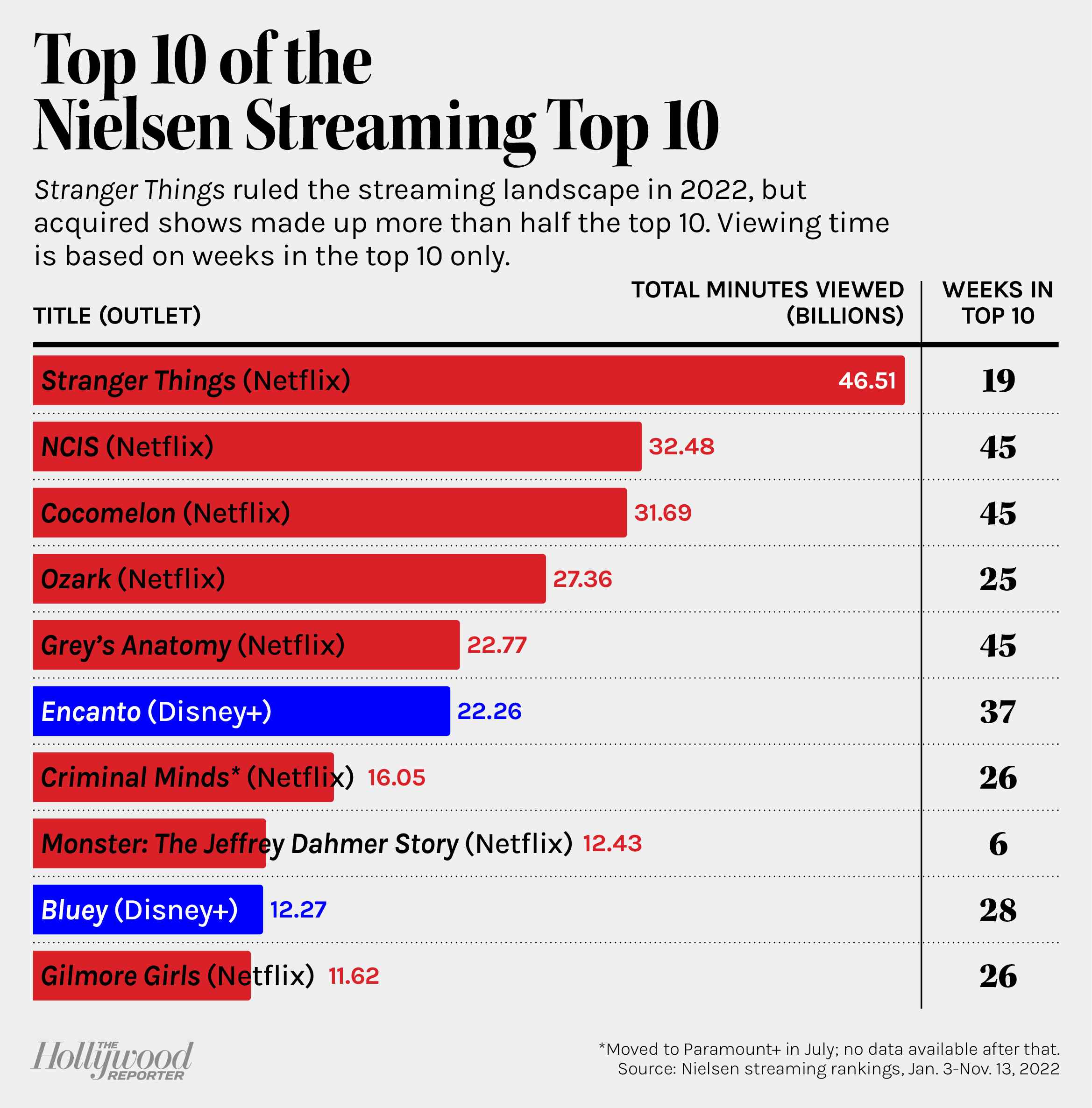The Russian Military's Actions: A Growing Threat To European Stability

Table of Contents
Military Buildup and Modernization
Russia's military modernization is a key driver of instability in Europe. This extensive program, fueled by significant increases in defense spending, presents a formidable challenge to regional security.
Increased Military Spending
Over the past decade, Russia has dramatically increased its military spending. Reports from the Stockholm International Peace Research Institute (SIPRI) indicate a consistent upward trend, with significant investment in new weapons systems and technological advancements.
- New Weapons Systems: Russia has developed and deployed advanced weaponry, including hypersonic missiles, modernized nuclear arsenal, and sophisticated cyber warfare capabilities.
- Troop Deployments: Significant troop deployments have been observed near key European borders, particularly in the Baltic region and along the border with Ukraine.
- Modernization Efforts: A comprehensive modernization program focuses on upgrading existing equipment and infrastructure, enhancing Russia’s military readiness and projection of power.
Strategic Deployment of Forces
The strategic positioning of Russian troops and military assets near European borders is a clear demonstration of intent. This isn't simply about defensive posturing; it's about projecting power and exerting influence.
- Troop Movements: Regular military exercises and troop movements in regions bordering NATO countries are designed to test response times and capabilities.
- Naval Deployments: Increased naval activity in the Baltic Sea and the Black Sea directly challenge NATO maritime presence and freedom of navigation.
- Air Force Activities: Russian air force sorties near European airspace frequently test the boundaries of air defense systems and create a climate of uncertainty.
Aggressive Actions and Violations of International Law
The Russian military's actions frequently violate international law and norms, undermining the established international order and creating instability.
Annexation of Crimea and War in Ukraine
The 2014 annexation of Crimea and the ongoing conflict in eastern Ukraine represent blatant violations of Ukraine's sovereignty and international law. This aggression has resulted in widespread human rights abuses and a humanitarian crisis.
- Human Rights Abuses: Numerous reports from international organizations document widespread human rights abuses, including extrajudicial killings, torture, and forced displacement of civilians.
- War Crimes: Evidence points to the commission of war crimes by Russian-backed forces, including indiscriminate attacks on civilian populations and the destruction of civilian infrastructure.
- Violations of International Agreements: Russia's actions are in clear violation of the UN Charter, the Budapest Memorandum, and numerous other international agreements.
Interference in Other European Countries
Allegations of Russian interference in other European countries through hybrid warfare tactics are equally concerning. These actions aim to destabilize governments and sow discord within societies.
- Cyberattacks: Russia has been implicated in numerous cyberattacks targeting critical infrastructure, political organizations, and media outlets in multiple European countries.
- Disinformation Campaigns: Sophisticated disinformation campaigns spread propaganda and false narratives, eroding public trust and manipulating public opinion.
- Support for Separatist Movements: Russia has provided support to separatist movements and extremist groups in several European countries, fueling internal conflicts and hindering stability.
Impact on European Security and Stability
The Russian military's actions have had a profound impact on European security and stability, creating a climate of uncertainty and escalating tensions.
Increased Military Tensions
The aggressive actions of Russia have led to heightened military tensions and a significant increase in defense spending across Europe. NATO members, in particular, have responded by strengthening their collective defense posture.
- Increased NATO Deployments: NATO has increased its military presence in Eastern Europe, deploying troops and equipment to deter further Russian aggression.
- Military Exercises: More frequent and larger-scale military exercises are conducted by NATO and individual member states to demonstrate readiness and deter potential threats.
- Arms Procurement: European countries are investing heavily in new military capabilities to counter the perceived threat from Russia.
Threat to International Order
Russia's military actions pose a serious threat to the international rules-based order, challenging fundamental principles of sovereignty, territorial integrity, and non-interference in internal affairs.
- Challenges to International Norms: Russia's disregard for international law sets a dangerous precedent, potentially encouraging other states to act similarly.
- Erosion of Trust: Russia's actions have severely damaged trust among nations, complicating international cooperation on a wide range of issues.
- Potential for Escalation: The ongoing tensions and military buildup increase the risk of accidental escalation, potentially leading to wider conflicts.
Conclusion
Russia's military buildup, its aggressive actions in Ukraine and elsewhere, and its disregard for international law have created a significant and growing threat to European stability. The implications are far-reaching, impacting not only regional security but also the broader international order. Understanding the multifaceted nature of the Russian military's actions is crucial for safeguarding European stability. Stay informed and engage in the conversation to develop effective responses to mitigate the threat of Russian military aggression and protect our future. We must continue to monitor Russian military activities closely and advocate for strong, unified responses to protect European security.

Featured Posts
-
 Latest On Anthony Edwards Will He Suit Up Against The Lakers
Apr 29, 2025
Latest On Anthony Edwards Will He Suit Up Against The Lakers
Apr 29, 2025 -
 Is Betting On The Los Angeles Wildfires A Sign Of Societal Shift
Apr 29, 2025
Is Betting On The Los Angeles Wildfires A Sign Of Societal Shift
Apr 29, 2025 -
 Exclusive University Group Defies Trump Administration Policies
Apr 29, 2025
Exclusive University Group Defies Trump Administration Policies
Apr 29, 2025 -
 Chargers To Kick Off 2025 Season In Brazil Justin Herberts Reaction
Apr 29, 2025
Chargers To Kick Off 2025 Season In Brazil Justin Herberts Reaction
Apr 29, 2025 -
 Subystem Issue Forces Blue Origin To Cancel Rocket Launch
Apr 29, 2025
Subystem Issue Forces Blue Origin To Cancel Rocket Launch
Apr 29, 2025
Latest Posts
-
 Why Older Viewers Are Choosing You Tube For Their Entertainment
Apr 29, 2025
Why Older Viewers Are Choosing You Tube For Their Entertainment
Apr 29, 2025 -
 Why Older Viewers Are Choosing You Tube For Entertainment
Apr 29, 2025
Why Older Viewers Are Choosing You Tube For Entertainment
Apr 29, 2025 -
 Trump To Pardon Rose A Deep Dive Into The Possibilities And Political Fallout
Apr 29, 2025
Trump To Pardon Rose A Deep Dive Into The Possibilities And Political Fallout
Apr 29, 2025 -
 You Tube A New Home For Classic Tv Shows And Older Viewers
Apr 29, 2025
You Tube A New Home For Classic Tv Shows And Older Viewers
Apr 29, 2025 -
 You Tubes Growing Appeal To Older Viewers A Resurgence Of Classic Content
Apr 29, 2025
You Tubes Growing Appeal To Older Viewers A Resurgence Of Classic Content
Apr 29, 2025
